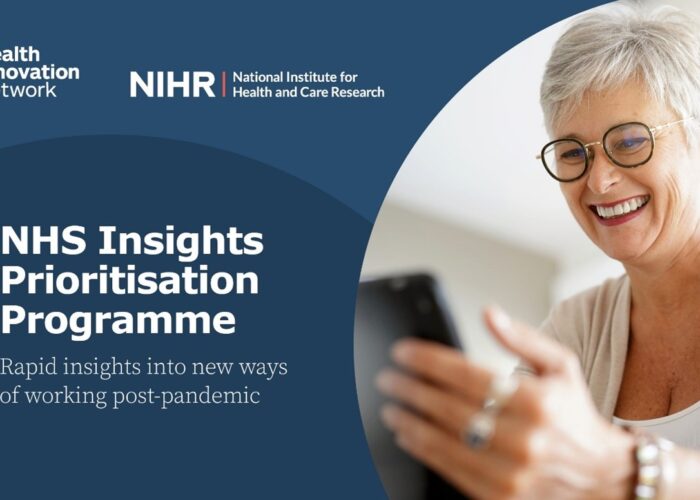 All too often healthcare questions are answered in association terms when looking for causal answers.
All too often healthcare questions are answered in association terms when looking for causal answers.
There is a well-known principle in statistics that tells us that correlation does not imply causation. Yet when questions are asked in healthcare, they are often phrased in terms of causation but answered in terms of association. This can lead to the wrong course of action being taken – and here’s why.
Within data science, there are two different types of models. A model addressing the association of variables will measure the statistical strength between variables, while a causal model will establish cause and effect relationships between variables.
What association cannot tell you
Let’s take the example of wanting to develop a model to predict if a patient is a smoker. The presence of cancer is a good predictor of smoking. Why? Because we know that smoking causes lung cancer so we will have smokers who have developed lung cancer and an association (correlation) will be established. Good predictors do not need to be what is causing smoking – in this case, we have smoking causing one of its predictors.
Suppose we wanted to build a model to predict when staff would be likely to go on annual leave. We could potentially see that annual leave is correlated with ice cream sales. Why? Because annual leave tends to happen in the summer months where hot weather drives people to go on holiday and eat ice cream. This is an example of a spurious correlation, ice cream sales do not cause staff to go on annual leave.
If instead we opted to create a causal model, we could actually infer from both data and knowledge which variables cause smoking or staff going on annual leave.
We also tend to think on the basis of causation. You can see that people like to focus on methods that deal with association and then they try to put forward what they have learned in a somewhat cause and effect style. This can give the impression that they have established a causal relationship but that’s not always the case so it’s something we need to be careful about.
If we wanted to reduce smoking or any other harmful habits, understanding the causes is critical to develop interventions. We need to know what causes the habits so we can know where to intervene.
Why is it important to have causal models?
Causal models can help healthcare providers and services to find solutions and determine the right next steps to benefit patient health. However, in order to find a solution we first need to identify what is causing the problem, not just what is associated or correlated with a particular issue. Once we have identified the main spot we need to focus on, we will then be able to create an intervention that will address that particular issue.
From an interventional perspective, causal models can help us to identify the best approach to tackle patient health issues by establishing what is causing the issue.
Post by Bruno Petrungaro, ICHP Health Economics Modeller



